To promote the strategy of New Southbound policy, the Ministry of Science and Technology has achieved the vision of “people-oriented, resource sharing, and create a win-win situation” through approaches of building international cooperation platforms, strengthening regional academic cooperation, promoting talent exchange and cultivation, and connecting the international chain of science parks. The Ministry has initiated 21 projects under these footprints this year. At the execution level, the Ministry has also collaborated with organizations like National Applied Research Laboratories and Science Parks, so it can create more benefits with limited resources through creating networks.
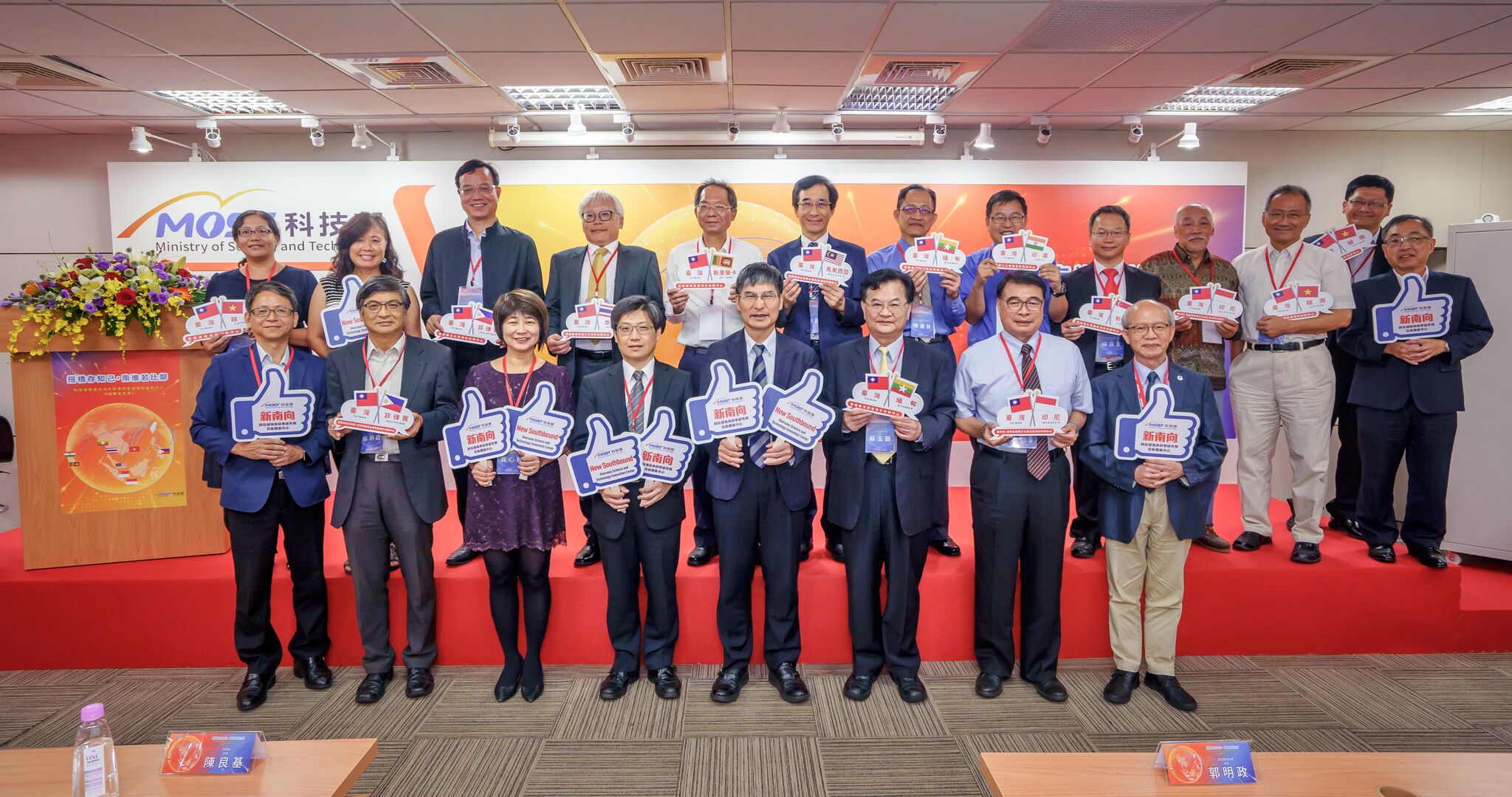
To promote the New Southbound policy, the Ministry of Science and Technology has funded Taiwanese colleges to go to target countries of New Southbound policy to establish “Science and Technology Innovation Center (STIC)” together with local institutions. STIC project is a promising highlight, and it has also attained remarkable achievements with the efforts of various domestic teams. Since 2017, 12 overseas Science and Technology Innovation Centers have been set up in 9 countries, which are Singapore, Indonesia, Malaysia, India, Vietnam, Thailand, Sri Lanka, the Philippines and Myanmar, with fruitful results from deepened cooperation and exchange in science and technology research in areas of clean water, smart health, ecological conservation, environmental change as well as humanities and social science. On 8/14 today, the Ministry of Science and Technology holds the “Wrap-up Presentation on New Southbound Science and Technology Innovation Centers” with a press conference, in which operation teams of these 12 STICs present their results in applying Taiwan’s strength in science and technology research on cooperating with local institutions, so as to cultivate our relationships with our New Southbound friends.
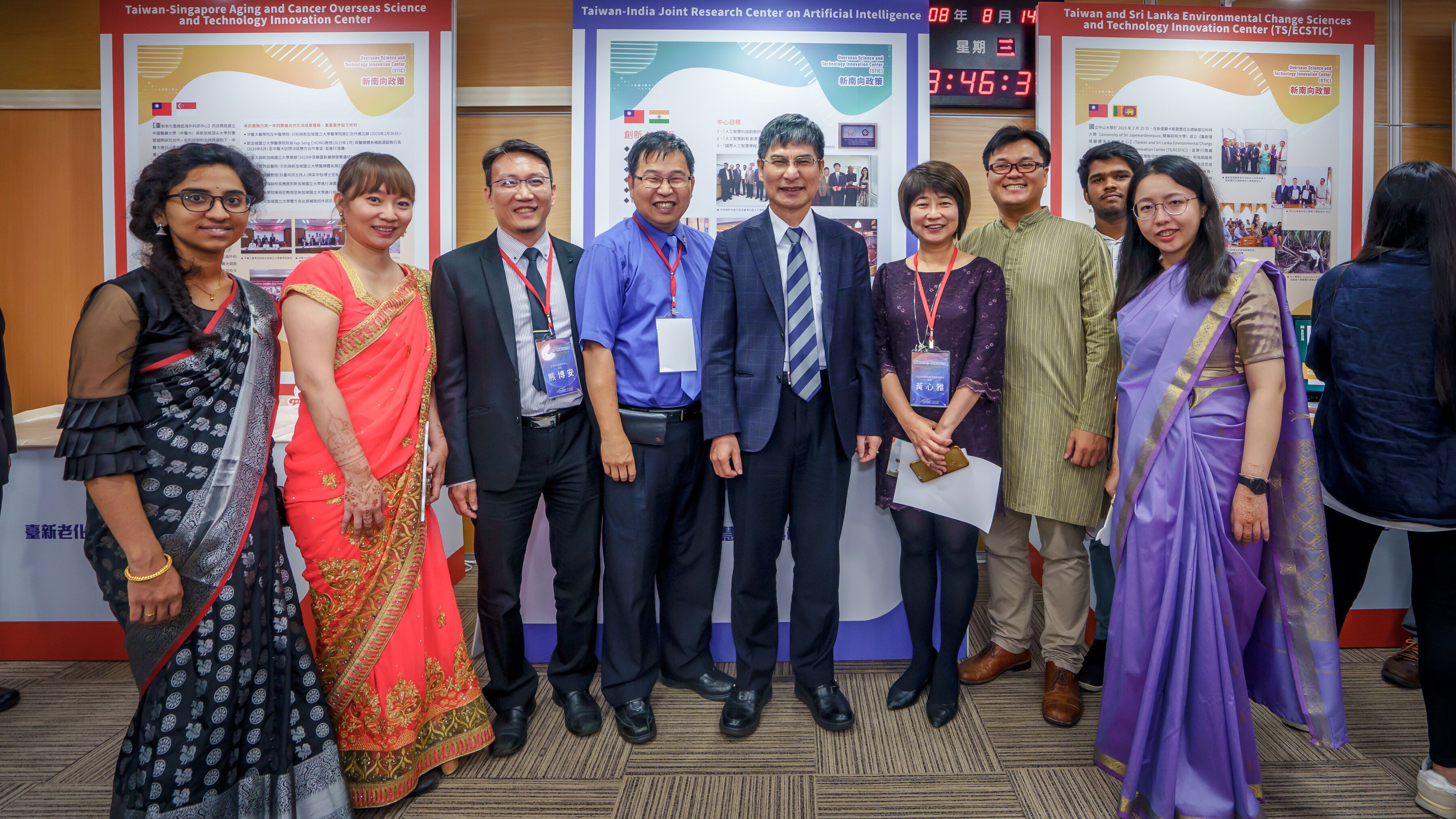
Minister of Science and Technology Chen Liang-Gee indicates that international cooperation in Science and Technology is an important way for Taiwan to show our technological strength and deliver the “Taiwan value”. In promoting the New Southbound policy, the Ministry of Science and Technology’s main targets are “Solving common problems, creating common interest, and prompting exchange among highly-skilled talents”, in a hope to integrate Taiwan’s scientific research capability with issues jointly cared by regional partners, and to enhance the substantive relationships between Taiwan and New Southbound countries. For a small country like Taiwan, our strategy in the New Southbound policy is to encourage researchers in science and technology to station in target countries over a long period of time, in order to integrate into local societies as well as understand and respond to local problems so as to have impacts. By funding Taiwanese colleges to establish overseas STICs, these Centers can further become overseas hub-centers and branches of the Ministry of Science and Technology, with the mission of facilitating innovation and breakthrough as well as nurturing talents with Taiwan’s strength and impact in the field of science and technology research.
The Principal of National Chengchi University Kuo Ming-Cheng states that after decades of poverty and difficult times, Taiwan has now developed into a global power in science and technology. In addition to applying our strength committed to industrial transformation as well as R&D and innovation, Taiwan should also courageously undertake higher humanistic qualities and missions, so as to create cities and civilization that are more livable. This is also the important spirit of the STIC project.
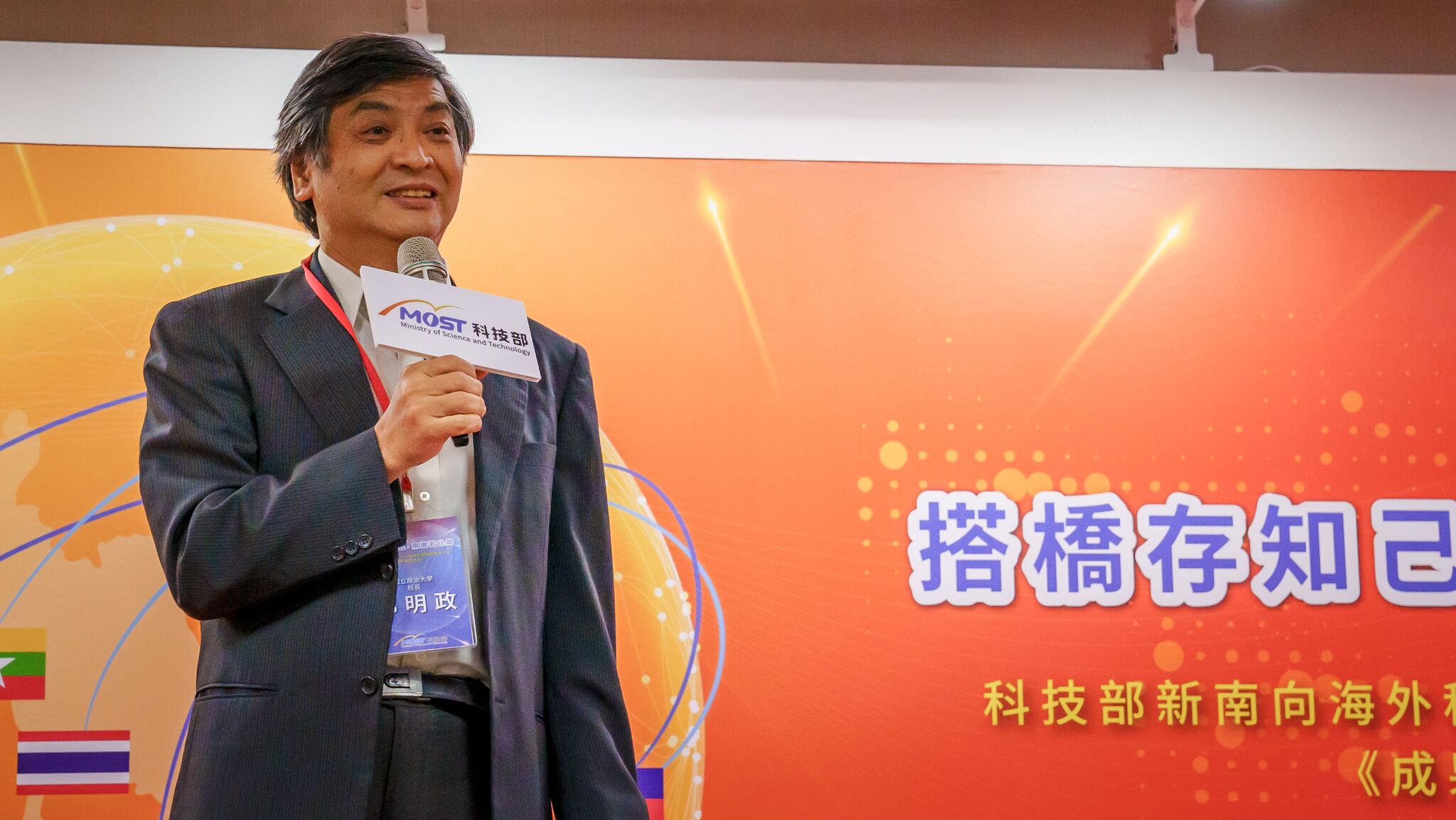
The Principal of National Chi Nan University Su Yuh-Long indicates that for many years, National Chi Nan University has been responsible for carrying out the “University entrance for overseas Chinese students”, especially for students in Southeast Asian countries, for the Ministry of Education. Also, in recent years, more efforts has been put on Myanmar in linking academia and research institutions, so as to build an education system as well as science and technology research environment with better quality. Now, with the STIC project, resources from the government, industries and academia can be further integrated, which will consolidate the foundation of international science and technology research.
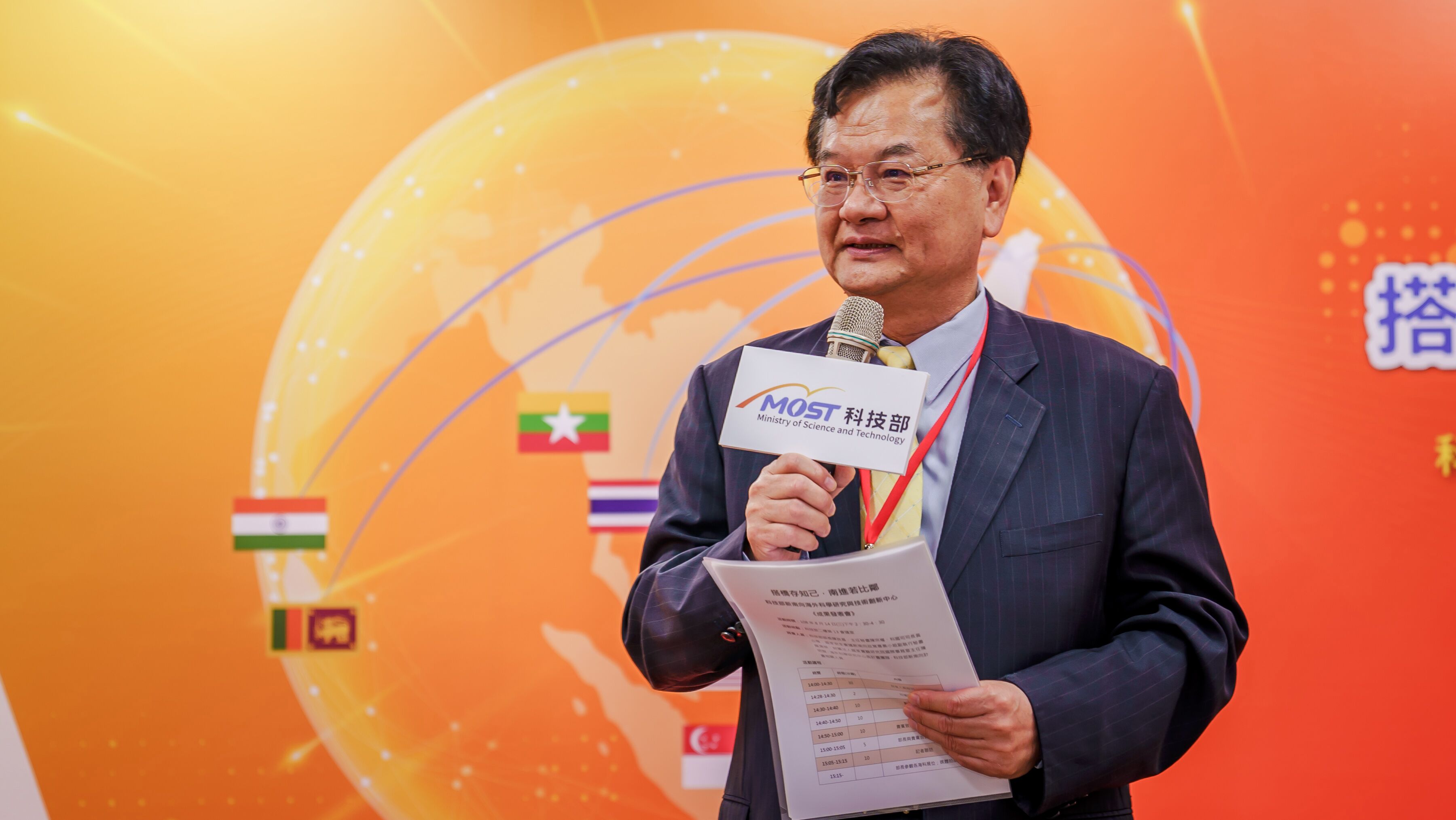
The Principal of National Taitung University Tzeng Yao-Ming says that the development of science and technology not only can be helpful in improving human living conditions and enhance living quality, but it should also can be directed to other aspects such as cultural inheritance and environmental protection, which has been the core values of National Taitung University for many years. With the promotion of the STIC project, this kind of spirit can be introduced to more Taiwan’s partner countries, so as to bring about long-term cooperation relationships.
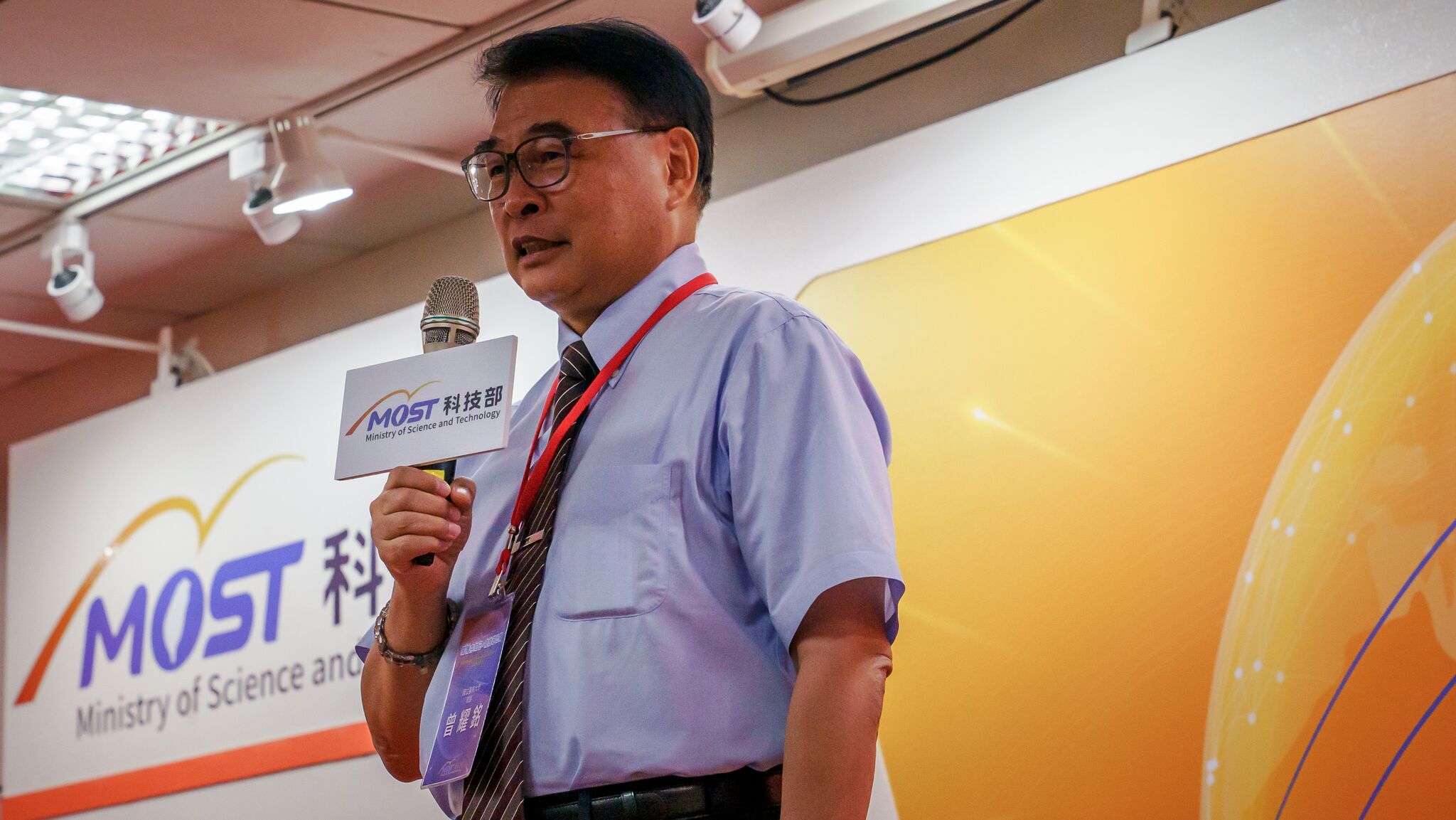
Minister Chen also indicates that in the long run, the Ministry will take note of target countries’ development as well as the need of Taiwanese industries, including those in the areas of disaster prevention, medical equipment and service, and intelligent agriculture. Through the combined efforts of industry, government, and academia, the ministry hopes to cooperate with New Southbound countries in the method of “Driving research with problems, driving industrial development with research, and nurturing talents”, creating win-win relationships that cover joint interests and benefits. The outstanding results from these 12 STICs, along with resources and networks possessed by the Ministry of Science and Technology’s overseas working groups in 3 New Southbound countries, Taiwan’s impact in New Southbound countries can thus be dispersed.